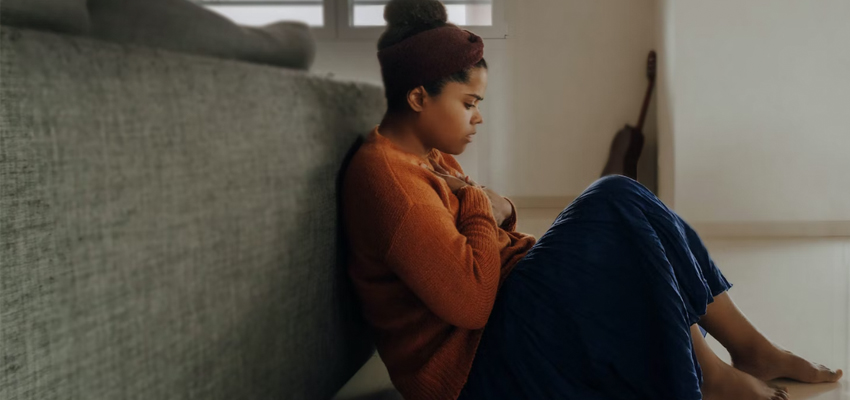
In 2017, a thorough study of worldwide health discovered that approximately 264 million people – about one in every group of twenty – suffer from a form of depression. The number for anxiety is even higher, at about 284 million.
This tells us that these two conditions are not the same, even though they often occur together and share many of the same symptoms. But just what is their relationship to one another? What is the difference between anxiety and depression?
How Depression and Anxiety are Different
Let’s start by looking at how these two conditions stand apart from each other. If these symptoms and feelings are familiar to you, it might be a sign that you suffer from one or both – but remember, this summary shouldn’t replace a full professional diagnosis. It should be a guide that urges you to seek treatment that works for you, because there are many out there that have proven results.
Depressive disorders affect the way you think, feel, and act. They might be caused by your immediate environment, stress, lifestyle, genetics, medical factors, or a combination of all of these and other influences. Even the changing seasons can cause depression in some people. The most common signs of depression are:
- Feelings of hopelessness or sadness
- A lack of interest in hobbies or anything else
- Low energy
- Change in sleep or diet patterns
- Trouble focusing or engaging in deep thought
A condition is considered depression if symptoms like these occur almost all day, every day, for weeks at a time.
By contrast, anxiety disorders are almost entirely “reactive”, causing exaggerated reactions to everyday stressors. These go beyond the normal emotions of worry or fear and can quickly become crippling. There are several types of disorders, with different manifestations and triggers, too – generalized, social, panic, phobias, caused by a medical condition, and so on. For example, you may have a form of anxiety if:
- You get overwhelmed easily on a regular basis
- You are constantly on edge, irritable, or panicked
- You sweat or shake
- You feel like you have little or no control in situations
Generally speaking, depressive disorders cause persistent feelings of sadness, apathy, or disinterest, even to the point of hurting oneself. Anxiety disorders relate to feeling a lack of control or comfort in certain situations.
How Depression and Anxiety are Similar
So, why do these two conditions appear together so often?
From a medical perspective, both of these disorder types might be caused by the same combination of genes. Some evidence suggests that the same structures or processes of the brain can be involved in their expression. Difficult life experiences like stress or trauma can trigger them both – and once one is present, the other is more likely to appear. Studies show that about 60% of people with one condition will develop the other, too.
Both of these disorders can manifest behavioural and mood changes, an unwillingness to stray from familiar things, and a negative outlook on daily life. With so many different possible types of anxiety and depression, it’s impossible to predict how any one person’s experience will be – it comes down to personal circumstances just as much as anything else.
One thing is for sure: it’s not uncommon for people to suffer from both at the same time. This can make the prospect of treatment and recovery seem nearly impossible from inside the haze they can cause. However, it’s important to know that there are more resources out there than ever. With a professional diagnosis and the right course of action, anyone can get on the road to a more fulfilling and happier life.
Treating Depression and Anxiety
When it comes to treating depression and anxiety, it’s essential to explore various approaches and find what works best for each individual. Overcoming conditions like anxiety and depression isn’t always about talking it through (though that’s the right solution that works best for some people). Sometimes it’s a simple as changing your diet, sleeping and exercising more, or taking the right medication every day. You never know until you go in and discover the wide range of options waiting for you. While talking therapy can be highly effective for some, it’s important to recognize that treatment methods extend beyond conversation alone. Some of the most effective are approaches like Cognitive Behavioural Therapy and Accelerated Resolution Therapy, both of which Your Counselling therapists specialize in.
If you think you might require anxiety counselling in Calgary, depression counselling, or both – or a range of other conditions we can help with – reach out for a free 15-minute consultation over the phone. That one call can put you on your way to online or in-person therapy sessions that create a better quality of life, lasting the rest of your life. We look forward to helping you be at your best!
If you’re interested, we have an in-depth blog post on Everything You Need To Know About Depression.

